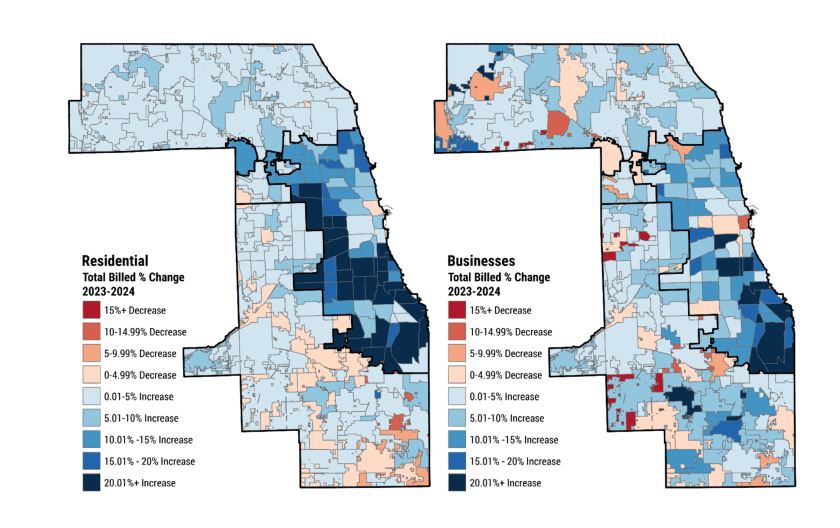Legal
How Top Agents Use Their Attorney Relationship as a Client Experience Advantage
Passionate writer sharing insights, expertise, and knowledge on various topics to inspire and inform readers worldwide.
For most clients, purchasing or selling a property is not simply a financial decision. It is an emotional and logistical transition, often tied to identity, stability, and future direction. In that context, clarity becomes one of the most valuable services you can provide. The relationship between the agent and the real estate attorney is central to that clarity. When the relationship is reactive or distant, clients feel uncertainty. When it is coordinated, clients feel guided.
The purpose of a strong agent–attorney relationship is not to blur roles. Rather, it is to ensure that each professional’s expertise is introduced at the correct moment, in the correct tone, with the correct expectations. That sequencing shapes the entire client experience.
Introduce the Attorney Early
The most effective agents introduce their attorney during the initial consultation—not after the offer is accepted. This signals two important messages: first, that the client has a support system, and second, that the process is structured. Early introduction prevents the attorney from being associated with conflict or problem-solving. Instead, the attorney becomes a steady presence from the outset.
Shape a Shared Communication Pattern
A simple shared communication structure often prevents most confusion.
A group email or shared message thread keeps everyone informed.
Milestones and document expectations are clear.
The client never wonders whom to contact or what happens next.
When communication is seamless, the client experiences the transaction as coherent rather than segmented.
Align on Offer Strategy
Your attorney can offer insight into how specific clauses may influence the negotiation. Discussing earnest money terms, inspection posture, and appraisal considerations before drafting the offer allows you to present positions that are consistent, reasonable, and more difficult to challenge later. Clients feel confident when their decisions feel prepared, not improvised.
Frame Attorney Review Constructively
When attorney review begins, clients may feel anxious about revisions. They may interpret redlines as conflict. The agent’s framing matters here. Clarify that review is where the contract is refined to reflect the intention of both parties. It is not adversarial by default. It is professional.
When positioned correctly, attorney review becomes a moment of assurance rather than concern.
Strengthening the Broader Client Experience
A well-managed attorney relationship signals something broader about your practice: that your service is not transactional but holistic. Clients remember how a process felt. They remember who helped them not only secure the property, but understand it. They recall the steadiness, the pacing, and the tone.
A strong agent–attorney partnership is one of the most reliable ways to deliver that sense of steadiness. And that feeling is what drives recommendations, referrals, and long-term reputational strength.
Author




